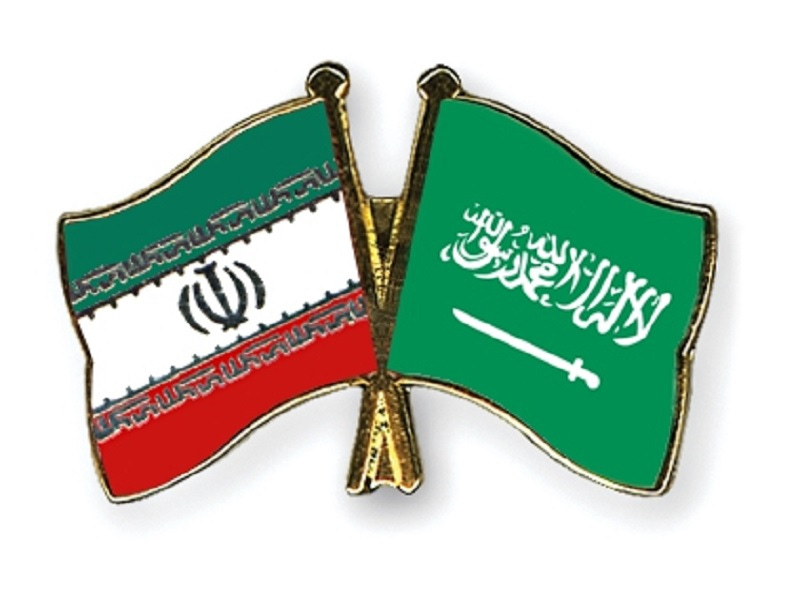Mutual Iranian-Saudi Perceptions Must Change In Order To Sustain Their Rapprochement
The example set by their leaders in approving last week’s rapprochement should inspire everyone below them to do their part in helping their historic reconciliation every step of the way. Under no circumstances must rogue elements in either of them be allowed to sabotage this sensitive process, which is still in its infancy and thus requires nurturing for quite a while. The very fact that everything already got this far should instill everyone with optimism that their rapprochement will succeed.
“The Chinese-Mediated Resumption Of Iranian-Saudi Ties Is A Remarkable Development”, one that could even soon bring about a political solution to the nearly decade-long Yemeni War, but it’ll require mutual perceptions to change in order to prove sustainable. State-level ones are obviously ahead of the curve in this respect seeing as how their reform was the prerequisite to reaching this latest deal in the first place, but they must come to be reflected at the local level.
Their civil societies are used to hearing the worst allegations about their counterparts, irrespective of the level of truth involved in each claim. The point is that they’ve been preconditioned for years to regard one another as irreconcilable enemies with whom long-term mutually beneficial cooperation is practically impossible. Their leaders wisely realized that this mindset was ultimately to their shared detriment, especially since it enabled external forces like the US to more easily divide-and-rule them.
It was with a view towards sincerely pioneering an historic reconciliation between these well-known rivals that their officials began talking to one another a few years ago, first secretly and then gradually through more comparatively public meetings, which culminated in last week’s Chinese-mediated deal. Their objective national interests are served through this unexpected rapprochement, especially since it could redirect funding that might otherwise be spent on military needs towards socio-economic ones.
The impending trifurcation of International Relations was preceded by the past year of chaos across the world that set the tone for the present decade’s “Age of Complexity”, during which time it’s imperative for aspiring regional leaders to ensure domestic stability more than anything else. Should that be achieved and they successfully weather the full-spectrum challenges to their sovereignty, then they’ll be better placed for more effectively meeting their people’s growing needs as they arise.
Iranian society was recently rocked by externally exacerbated unrest that exploited speculation about a woman’s death during her detainment to catalyze Hybrid War dynamics for the purpose of punishing the Islamic Republic due to its increasingly important role in the global systemic transition. The traditional resilience of this country’s people eventually enabled stability to return, but it was nevertheless a stark reminder of the unconventional threats facing it.
Saudi Arabia is also vulnerable to similar sorts of provocations, though it should be said that Crown Prince Mohammed Bin Salman’s (MBS) far-reaching socio-cultural reforms over the past decade preemptively thwarted the chances that pertinent information warfare narratives will go viral. By progressively loosening previously strictly enforced standards, he stewarded Saudi society in the direction of enhancing its resilience to related threats that seek to exploit certain perceptions.
These comparative observations are important for each other’s societies to understand: Iran and Saudi Arabia are both vulnerable to Hybrid Warfare, which they used to occasionally blame one another for waging, but they’ve also proven themselves to be united too whenever crises arise. The notion popular among Saudis that Iran is a Persian-dominated “empire” whose minorities “yearn to be free” is as inaccurate as the Iranian one alleging that Saudi Arabia is “genociding” its Shiite population.
To be sure, inter-ethnic relations in Iran are sometimes troubled just like inter-sectarian ones in Saudi Arabia are, but Iran isn’t “dominating” minorities just like Saudi Arabia isn’t “genociding” Shiites. In retrospect, dramatic footage claiming to prove the preceding narratives really just shows the effect of Hybrid Warfare on each of their societies, which is sometimes inadvertently worsened by their respective government’s own policies towards whatever the specific issue at the time might have been.
The first step towards building meaningful bridges between Iranian and Saudi societies is to accept the aforementioned statements of fact about each one in order to dispel those inaccurate narratives that contributed to mutual suspicions at the local level for so long. This is much easier said than done and will require a lot of time and effort, though it could be greatly facilitated by their leaders, representatives, media, and influential members of society playing leading roles in this regard.
The example set by their leaders in approving last week’s rapprochement should inspire everyone below them to do their part in helping their historic reconciliation every step of the way. Under no circumstances must rogue elements in either of them be allowed to sabotage this sensitive process, which is still in its infancy and thus requires nurturing for quite a while. The very fact that everything already got this far should instill everyone with optimism that their rapprochement will succeed.




